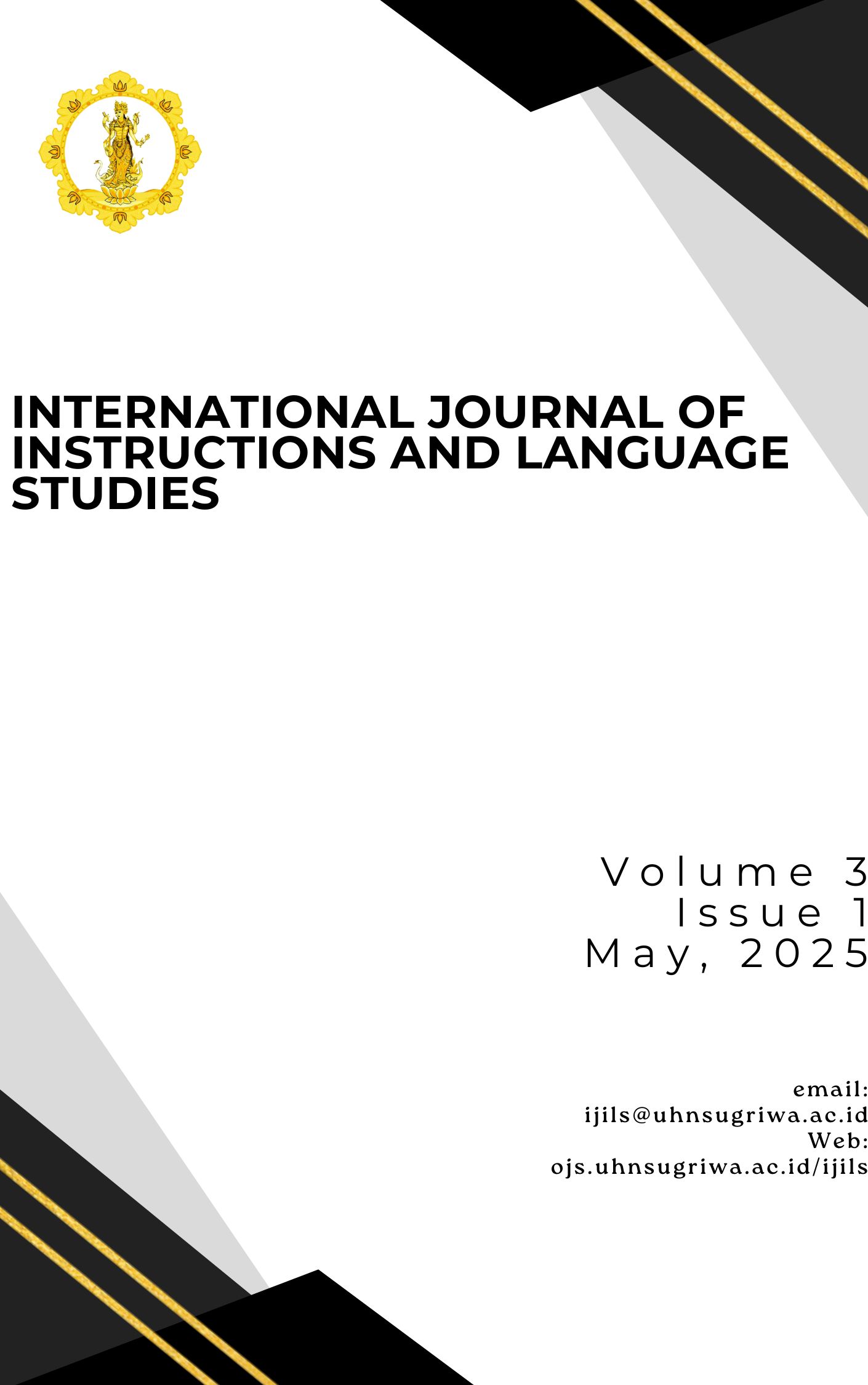THE INFLUENCE OF PROBLEM-BASED LEARNING MODELS ON SOCIAL STUDIES LEARNING OUTCOMES IN ELEMENTARY SCHOOLS
DOI:
https://doi.org/10.25078/ijils.v3i1.4366Keywords:
Problem-Based Learning Model, Social Studies Education, Learning Outcomes, Elementary School, Meta-AnalysisAbstract
This study aims to examine the impact of the Problem-Based Learning (PBL) model on student learning outcomes in Social Studies at the elementary school level. The study uses a meta-analysis approach, reviewing and analyzing data collected from several previous research studies. Data was gathered by exploring online journals and repositories on Google Scholar. Based on the analysis, it was found that the PBL model can improve Social Studies learning outcomes, ranging from 13% to 50%, with an average improvement of 30%. The correlation test between the average Social Studies learning outcomes before and after using the PBL model showed a value of 0.720. According to the Pearson correlation guidelines, this value falls into the strong correlation category. Furthermore, in decision-making, with an r-table value of 0.707 for 8 respondents at the 5% significance level, the Pearson correlation of 0.720 is greater than the r-table value, indicating a significant relationship. The t-test results showed a sig. (2-tailed) value of 0.000 < 0.05 and T count < T table = 2.306. Therefore, it can be concluded that there is a significant difference in learning outcomes before and after using the Problem-Based Learning model. Based on these results, it can be concluded that the use of the PBL model can improve student learning outcomes.




